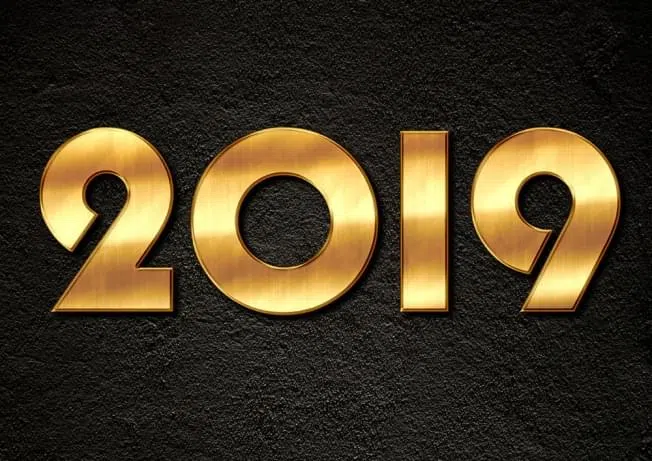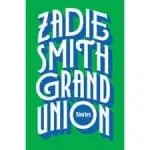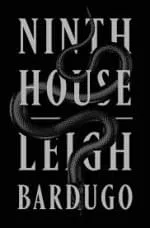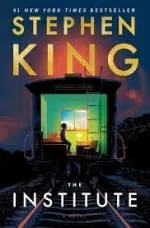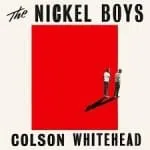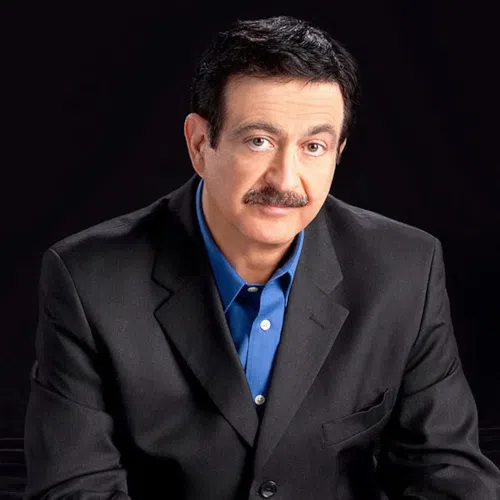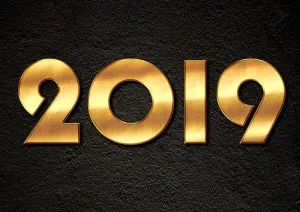
By A.J. Harris
The things that entertain us, the movies, books, and music, can be just simple time-wasters or guilty pleasures. Or they can mean something, and effect us in ways we couldn’t foresee. Here are some of the best books of 2019.
5. Zadie Smith – Grand Union
Zadie Smith is a profound talent who is at her most effective when she’s allowed to leave her thoughts just shy of complete. That’s where most of Grand Union exists – 19 short stories that refuse to coalesce into meaningful interpretation. That is a compliment. The British writer takes readers to the racist past to the dystopian future, touching on topics both familiar and fantastic. When she gets too overtly political the material sags, but overall Smith has given us an important work that shows us where we have come from and where we might be going, whether we want to see it or not.
4. Leigh Bardugo – Ninth House
Lev Grossman took the Harry Potter template and made it firmly adult with his excellent Magicians series, and Leigh Bardugo takes it one step further with the supremely dark and twisted magic of Ninth House. Previously a best-selling young adult writer, Bardugo leaves the kiddy stuff behind. Protagonist Alex Stern survived a homicide and can now see ghosts. Navigating her first year at Yale, she becomes enmeshed in murder, secret societies, and other nefarious goings-on that to say more would be to spoil a spellbinder of a novel. While it is a fantasy story at heart, it is grounded in such fierce reality and history that when the last page has been turned and all mysteries revealed, you won’t fail to be amazed and affected.
3. Stephen King – The Institute
2019 felt like a bit of a comeback year for Stephen King, though he remains as prolific as ever. Perhaps it is because we were treated to an astounding number of remakes, reboots, sequels, and original material from literature’s reigning king of horror. The Institute is the best of this glut of material. Terrifyingly prescient for this day and age – children are taken from their families and held in a government facility – this tale is ultimately one of forming bonds: emotionally, mentally, and perhaps spiritually. The characters don’t fit the normal kid-tropes of Stephen King novels precisely because they fit them so well. There is the bully who isn’t a bully, the precocious genius, the seemingly weak and frail runt. All of these King blueprints become something more this time around, and we actually care when something goes wrong or right. Harrowing and horrifying, this is the best King has been in years.
2. Colson Whitehead – The Nickel Boys
The follow up to 2016’s Pulitzer Prize-winning The Underground Railroad, The Nickel Boys wasn’t supposed to be a “heavy” novel. But current events forced the pen of Whitehead, one of this generations most important voices. What he has given us is a devastating tale of boys in a reform school in the Jim Crow South, and the ramifications of their trials that will haunt them for the rest of their lives. Elwood and Turner, the two main characters, suffer horrifying abuse at the Nickel Academy – the stand-in for real life reform school of horrors Arthur G. Dozier School for Boys – and just try to survive with their humanity intact. What is contained in these pages is often horrific and difficult to read, but there is an earned beauty waiting for Elwood, who is one of Whitehead’s best characters. It takes stomach to read The Nickel Boys, and a will perhaps mirrored by Elwood himself. Try not to look away.
1. Margaret Atwood – The Testaments
Margaret Atwood is perhaps the most powerful writer currently working, and her sequel to 1985’s The Handmaid’s Tale is the most powerful book of the year. Set 15 years after the end of Offred’s harrowing journey, the theocratic and totalitarian Gilead’s foundation is crumbling. It’s impossible to describe what follows without getting into major spoiler territory for those who haven’t read the book or for those who watch the current Hulu series (Atwood had worked with producers while writing the book, so they knew where her vision for the story should take them). So the only thing that can be said is: things crumble and things rise. Being a direct sequel, comparisons to The Handmaid’s Tale are inevitable, but perhaps a bit unfair. The previous book was steeped in a nightmare of what the country might look like if religious zealots and hard-liners were to take over; the new book focuses on the hope that those zealots and hard-liners might one day fall. If this sounds like Atwood is attacking religion, it is not. In fact, she espouses faith. Faith in others, faith in ourselves, faith in what is good and true. Atwood has always been somewhat of a mad prophet, but this time what she seems isn’t all doom and gloom. She sees light, and The Testaments is, well, a testament to that belief.
A.J. Harris can be reached at andrew.harris@cumulus.com
